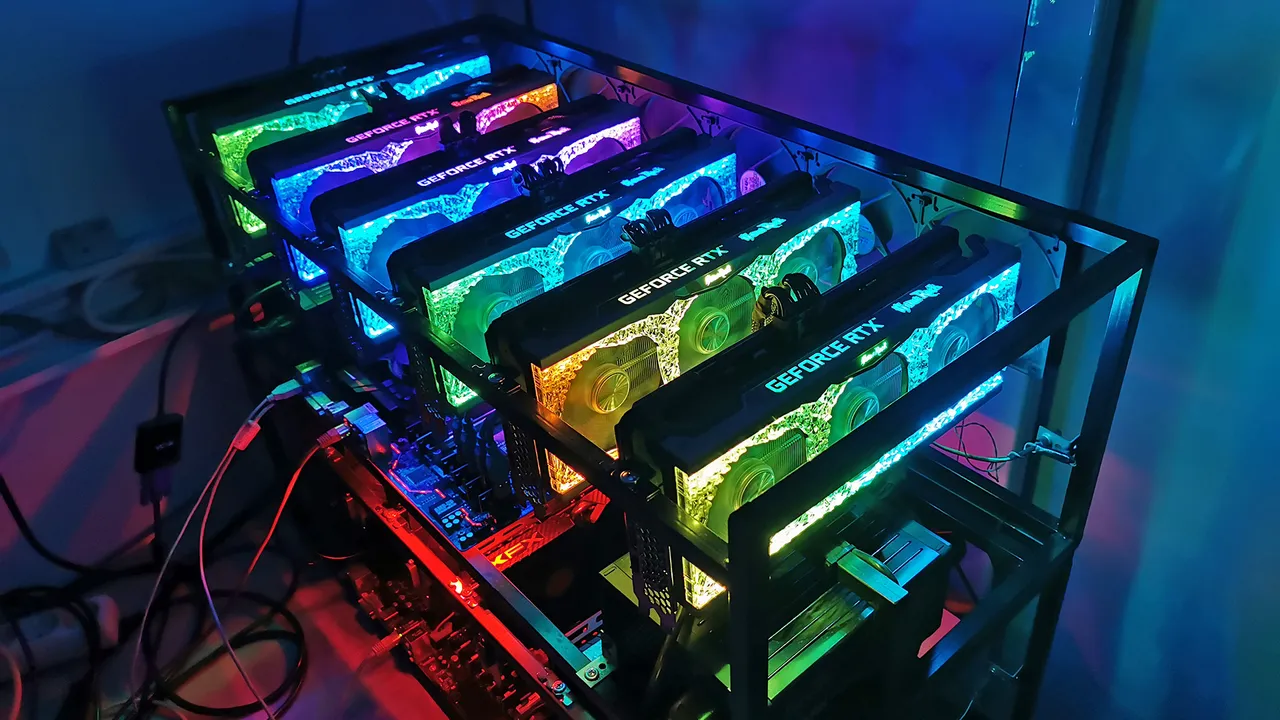The options for ASIC hardware is narrow, that's because it is application specific (a feature not a bug). As a hobby miner you need to be able to switch algorithms to chase whats profitable. Users switching algorithms based on price is not supportive of the network's security.
You can think of it like Bitcoin. That network has the strongest security, and is least favorable to hobby miners.
The reason for mining is to secure network, not to make it more profitable for hobby miners. Its a tough balance that has been debated across many projects for the last few years. There are many ways to argue both sides of it.
Artificially reducing difficulty to allow less efficient GPUs and CPUs to compete is one path that has one set of benefits, where focusing on security and stability has another set of benefits. Affect on decentralization can be equally argued on both sides. For example, if three is a ASIC resistant algo change, who makes that decision and how does that affect decentralization? Does reducing hardware from the 3-4 manufactures of ASICs, down to the two manufactures of GPU's help or hurt decentralization? What are the affects of using a GPU algo in regards to hardware competition with non-mining uses of the hardware.
Careful thought has been given to decentralization, usability, stability, security, and the whole scope of variables. Back when this was discussed a few years ago, the decision was made that the be solution to those problems was equihash. That decision is in line with the idea of decentralization and security, but it is not necessarily aligned with the desires of hobby miners,
